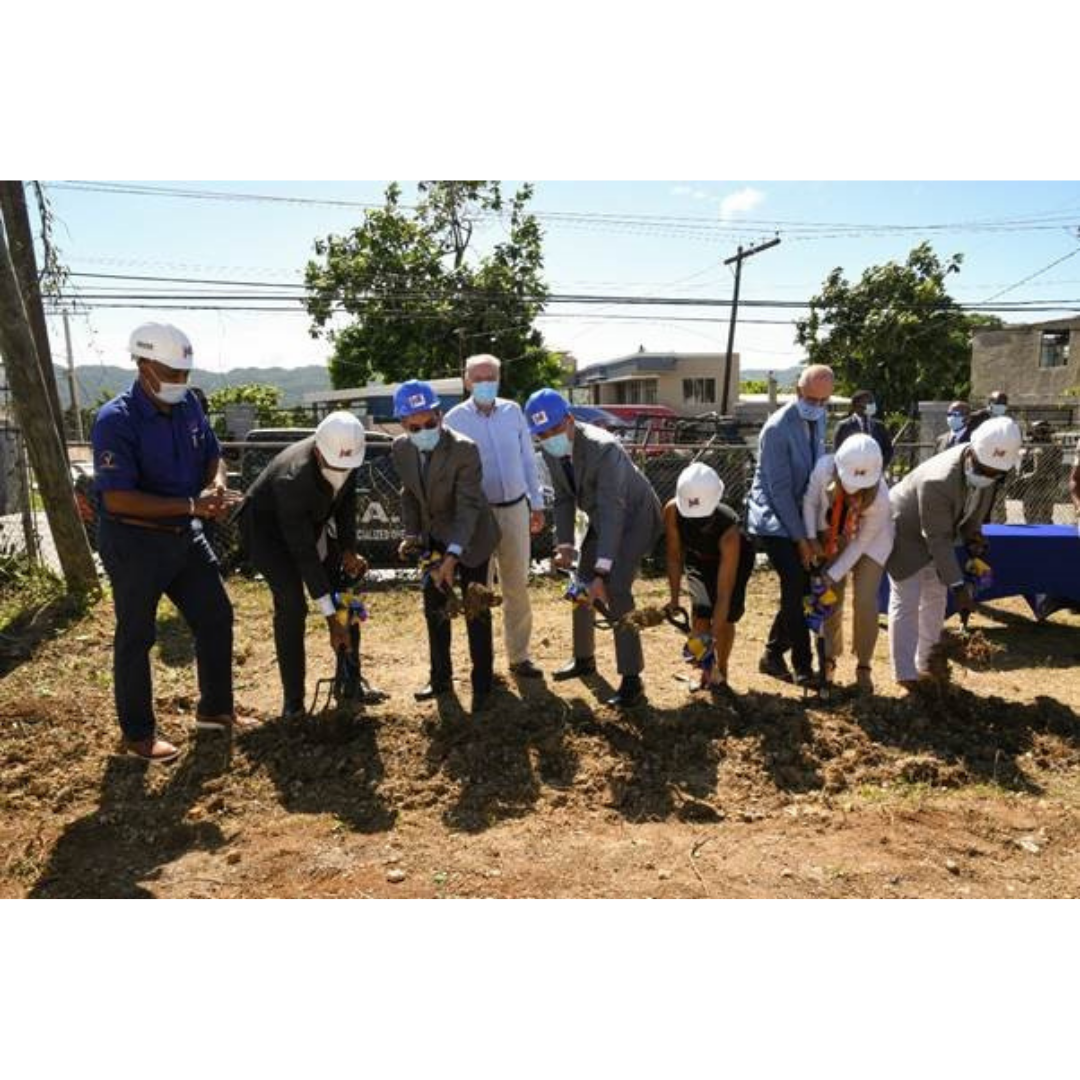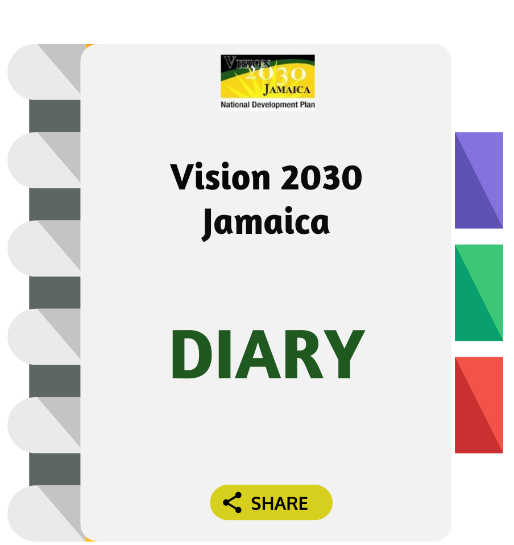Blog
Social Investment in Jamaica’s COVID-19 Response; the JSIF (January, 2021)

The Jamaica Social Investment Fund (JSIF) was established in 1996 by the Government of Jamaica (GOJ) as a component of a national poverty alleviation strategy geared toward channelling resources to underserved communities across Jamaica. The Fund works in partnership with relevant state agencies, civil society, international development partners and the private sector.
The JSIF works with communities that are characterized by poor public and private infrastructure (including access to housing, roads, water, electricity, health), high levels of illegal activity, poor academic performance, widespread unemployment, and high levels of interpersonal conflict.
With the advent of the Covid-19 pandemic in 2020, the JSIF’s institutionalised social development focus meant that most programmes already integrated interventions in some of the most affected areas, i.e. health, education, and economic opportunities. After consultation with our stakeholders, programmes were adjusted to comply with COVID-19 prevention measures, while delivering vital support to affected target beneficiaries and sectors.
Objectives in support of the GOJ’s COVID-19 response were to:
- Provide opportunities for income-generation and rebuilding of small businesses.
- Protect Jamaica’s food security through improved farming practices and innovative marketing/distribution.
- Maintain stability and post-COVID-19 recovery process within communities via communications and ongoing presence.
- Strengthen economic resilience for small businesses and social enterprises, to reduce future vulnerabilities of the kind experienced during COVID-19 restrictions.
- Upgrade essential services infrastructure, providing improved working conditions for staff, and improved service provision for citizens.
The JSIF thus played an integral role in supporting the national response to COVID-19 by mobilizing and channelling resources to critical areas, including:
- Development of social infrastructure such as schools, fire stations, police stations, water systems, parks, and green spaces to improve public services and standard of living.
- Investment in economic infrastructure through projects to support employment creation, skills training, and job placement, as well as MSME and MDA support in agriculture and tourism sectors.
- Provision of financial grants to support small businesses and micro enterprises.
- Provision of support to COVID-19 prevention activities including institutionalisation of COVID protocols; provision of Personal Protective Equipment (PPE) support to schools in remote learning; movement of social interventions to online or via protocol-compliant and socially distant options.

Results to date include:
- 320 registered open field farmers provided with drip irrigation equipment and training.
- Covid-19 prevention materials and training scheduled for MSMEs in the agriculture and tourism sectors.
- 33 community-based and social enterprises (minimum 200 direct beneficiaries) provided with business development training, grants and mentorship.
- 245 entrepreneurs and micro enterprises received business development training and equipment.
- 231 persons obtained temporary employment as utility wardens, environmental wardens, and data collectors.
- Approximately 530 persons received short term employment as skilled and unskilled labourers on infrastructure projects.
- Contracts signed for the rehabilitation/construction of 7 police stations and 5 health centres
- 32 schools were provided with Ministry of Education worksheets for students who were unable to participate in virtual classes due to lack of internet access; 7 COVID-19-compliant summer camps held in volatile areas.
A key aspect for dealing with the challenges that arose was flexibility. During the period, three projects were scheduled to close, and to mitigate the anticipated adverse impact of the effects of COVID-19 on targets and communities, donors were engaged around the revision of the closure dates. They were receptive to the suggestion, realizing that increased time was necessary to ensure that the projects’ primary objectives are achieved.
Going forward, a strong focus on social and economic interventions to counteract the negative impact of the pandemic on communities is critical. Key to these endeavours is monitoring and evaluation of efforts to ensure value for money and to measure the impact of these investments. The significant inequality marking the ‘two Jamaicas’— internet access being but one stark example — is clear and remains a driver of our work in transforming communities.
Prepared By: The Jamaica Social Investment Fund (JSIF)



